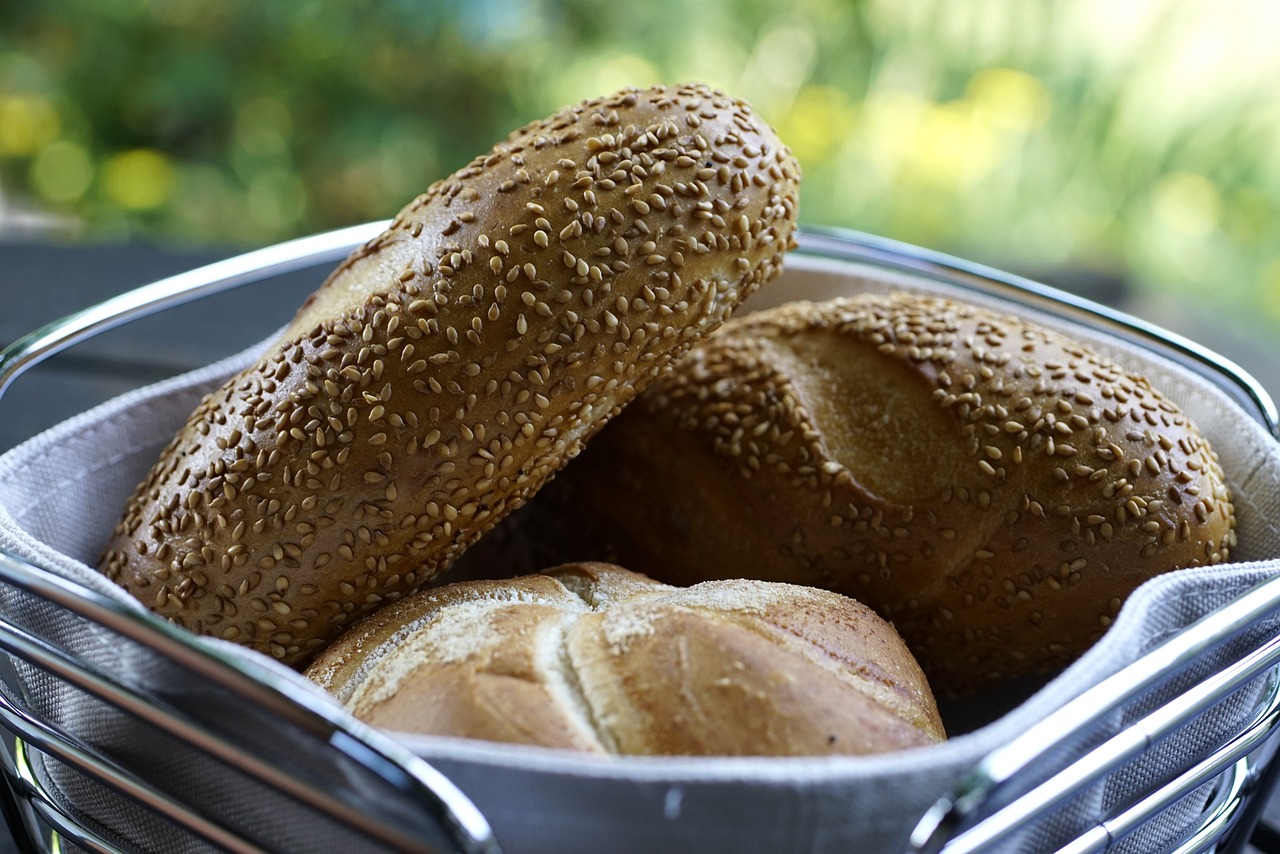Food Safety in Home Cooking: Best Practices for Consumers
Food handling plays a critical role in ensuring the safety and health of consumers. When food is not handled properly, it creates an environment where harmful bacteria can multiply and cause foodborne illnesses. By following proper food handling procedures, such as storing food at the correct temperatures and avoiding cross-contamination, the risk of foodborne illness outbreaks can be significantly reduced.
Moreover, proper food handling also helps in preserving the quality and freshness of food. When food is handled improperly, it can lead to spoilage and waste, resulting in financial losses for both consumers and businesses. Following best practices in food handling, including proper cooking techniques and safe food storage, can help extend the shelf life of food products and ensure that consumers receive high-quality and safe food items.
Understanding Foodborne Illnesses
Foodborne illnesses are caused by consuming contaminated food or beverages. Bacteria, viruses, parasites, or toxins present in the food can lead to these illnesses. Symptoms of foodborne illnesses often include nausea, vomiting, diarrhea, and fever.
In some severe cases, foodborne illnesses can result in hospitalization or even death, especially in vulnerable populations such as children, elderly individuals, pregnant women, and those with weakened immune systems. Prevention is key in avoiding foodborne illnesses, as practicing proper food handling, storage, and cooking techniques can significantly reduce the risk of contamination.
Importance of Handwashing
Handwashing plays a crucial role in preventing the spread of harmful bacteria and viruses. By washing our hands regularly with soap and water, we can effectively remove dirt, germs, and contaminants that may have collected on our hands throughout the day. This simple act can significantly reduce the risk of contracting foodborne illnesses and other infectious diseases.
Proper handwashing is especially important before and after handling food, after using the restroom, after coughing or sneezing, and after touching surfaces that may be contaminated. Taking the time to thoroughly wash our hands with soap and water for at least 20 seconds can make a notable difference in maintaining good personal hygiene and safeguarding our health. By incorporating this basic practice into our daily routine, we can help protect ourselves and others from potential infections and outbreaks.
Regular handwashing with soap and water removes dirt, germs, and contaminants
Reduces the risk of contracting foodborne illnesses and infectious diseases
Important before and after handling food, using the restroom, coughing or sneezing, and touching contaminated surfaces
Thoroughly washing hands for at least 20 seconds can maintain good personal hygiene
Helps protect against potential infections and outbreaks
Why is proper handwashing important?
Proper handwashing is important because it helps to prevent the spread of germs and bacteria, which can cause foodborne illnesses.
How long should I wash my hands for?
You should wash your hands for at least 20 seconds with soap and water to effectively remove germs and bacteria.
When should I wash my hands?
You should wash your hands before preparing food, before eating, after using the restroom, after handling raw meat or poultry, and after coughing or sneezing.
How can I make sure I am washing my hands properly?
To ensure you are washing your hands properly, make sure to lather with soap for at least 20 seconds, scrub all surfaces of your hands, including between your fingers and under your nails, and rinse thoroughly with water.
Can hand sanitizer be used as a substitute for handwashing?
Hand sanitizer is a good alternative when soap and water are not available, but it is not as effective as handwashing in removing certain types of germs, such as norovirus.







